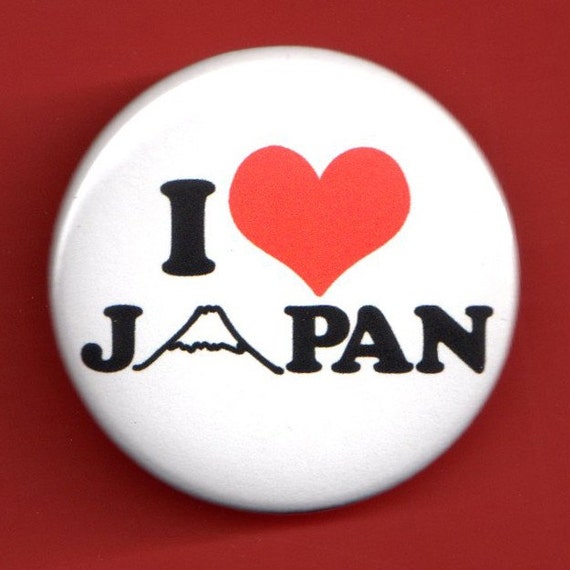

And buy yourself a little embarrassment into the bargain.Īs a romantic language, there are plenty of affectionate Italian sayings that run the gamut from cheesy to cute.
I love you in japanese how to#
If you trust Google translate to give you a straightforward interpretation of how to say “I love you” in Italian to English, you’ll miss all the lovely, fascinating nuance. Despite the reputation Italians have garnered as passionate people, the language makes distinctions between romantic and familial love that are important to understand. One such cute Japanese word is ‘ doki-doki’ (ドキドキ) which means ‘my heart is racing.Īnother common phrase is ‘ rabu-rabu’ (ラブラブ) which is often used in regard to other people who are lovey-dovey.In the Italian language, degrees of affection matter. However, younger generations might use ‘ aishiteru’ (愛してる) a little more commonly than older generations, but in general, it’s still more common to hear some form of ‘suki.’įor a formal ‘I love you,’ ‘aishiteiru’ can be used, but the second ‘i’ is more often removed in favor of a cooler ‘aishiteru’. Using ‘aishiteiru’ can come across as very dramatic, particularly among older couples. That means that in the phrase ‘aishiteiru’, the love is ongoing. Actually, shiteiru (している) is a progresive form of the verb ‘ suru’ (する). The ‘ai’ (愛) part itself means ‘love.’ And adding the ‘ shiteiru’ makes it a verb. ‘Suki’ is totally fine for an everyday ‘I love you.’ Ai (愛)Ībove, we talked about ‘aishiteiru’, which is a very literal way of saying ‘I love you’ in Japanese. ‘Suki’ and ‘daisuki’ are really only different in terms of emphasis. One phrase to be aware of when confessing your love to someone is the suffix: ‘ desu.’ If you say ‘suki-desu’ or ‘daisuki-desu,’ it sounds more formal. In actuality, ‘ daisuki’ (大好き) by itself can be used to refer to anything! I love strawberries ( ichigo) would be ‘ ichigo daisuki’ (イチゴ大好き).

To make it a little more informal, simply add ‘dai’ onto ‘suki-yo’, removing the ‘da’ part = daisuki-yo (大好きよ). For a way to increase the factor of love, add the character for ‘big:’ dai (大). ‘Deeper meaning’ refers to how much you like (or love) the person you are talking to. In Kansai, rather than ‘sukidayo’, they might say ‘ suki-yanen’ (好きやねん). The Kansai dialect, or Kansai-ben in Japanese, refers to the language of people who live in the Kansai area of Japan, such as Osaka and Kyoto. In Japan, there are many different types of dialects (different phrases or ways to say the same thing, local to the area), but the most distinct is probably the Kansai dialect. There are several variations on this often-used ‘suki-dayo’ phrase, with the parts changing depending on the location and what the deeper meaning is.īy location, we mean accent or dialect.

It’s like, ‘I like you, you know!’ or ‘I love you!’ The ‘ yo’ part adds some emphasis, almost like an exclamation point. Here, the ‘ da’ part can cement it as a fact. We spoke about telling your significant other or love interest that you like them: suki dayo (好きだよ). Let’s get back to the ways to actually say ‘I love you’ in Japanese. Image via Shutterstock Common ‘I Love You’ Phrases Brands like Lindt and Kit Kat really hop onto the ‘love’ train around big holidays, which means that there are plenty of Japan-exclusive events and products.


 0 kommentar(er)
0 kommentar(er)
